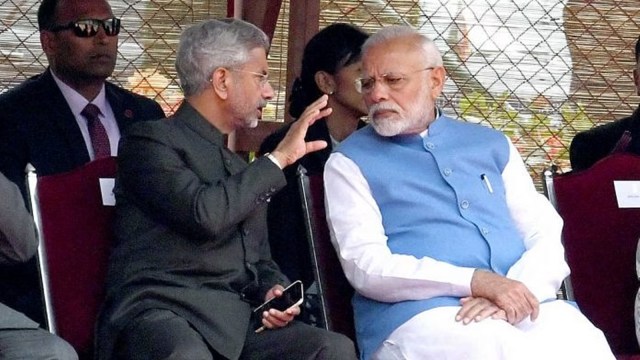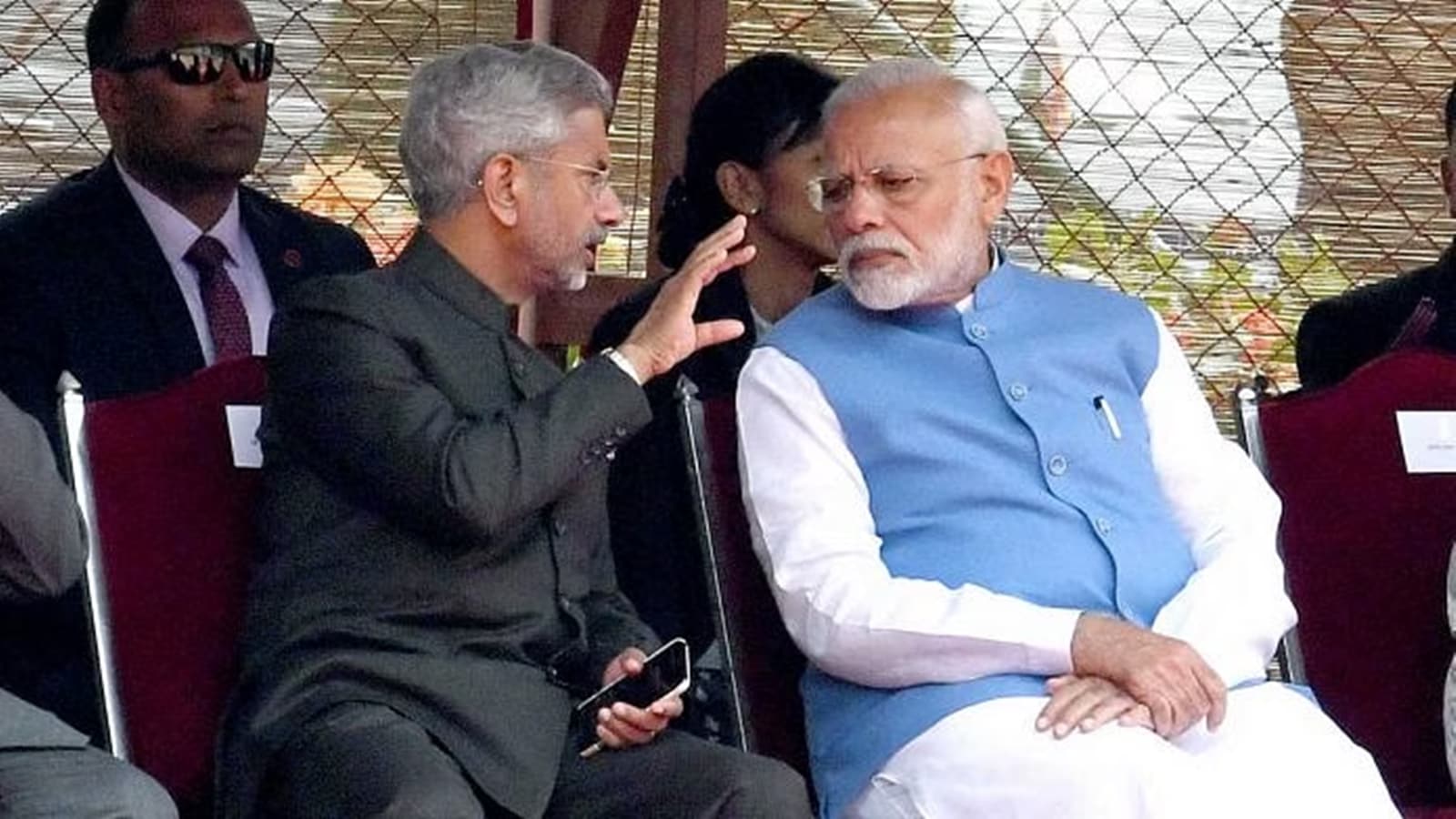

Nov 15, 2024 14:38 IST First published on: Nov 15, 2024 at 16:38 IST
It has now been a decade of Prime Minister Narendra Modi’s dispensation in New Delhi, and during this time almost no observers of international politics can have failed to notice a gradual, though accelerating shift in not only India’s international stature, but also in its posture. In foreign policy analysis, one must consider both what a nation does and what it’s diplomats say. It is always the great powers of the time that define the frameworks and narratives within which all actions and decisions end up being seen. Sometimes great powers explicitly publish their doctrines: The United States had a Monroe Doctrine in the 19th century, and a Wilson Doctrine during and after World War I. In many ways, Henry Kissinger and Ronald Reagan each brought their own doctrines to US foreign policy. On the other hand, we can recall Soviet Union’s Brezhnev Doctrine at the height of the Cold War, and our own “non-alignment” doctrine of the Nehruvian era.
India’s non-alignment was the product, post-Independence, of both our capacities as a nation, and our ideological idealism. We were an impoverished nation with little ability to actively pursue outcomes in geopolitical terms, and didn’t have the sort of ideological clarity during the Cold War to commit to an alliance system. The result, labelled non-alignment, was designed more than anything else to minimise adverse effects of geopolitical events on our ability to go through the painstaking process of domestic socio-economic and political development. We wanted to keep out of trouble rather than achieve anything in particular.
Non-alignment has in many ways remained an implicit feature of Indian foreign policy even in the decades since the end of the Cold War. However, with our legacy of security cooperation with the Soviet Union being transferred to the new Russian Federation, while our diaspora and economic linkages with the West continued to strengthen, the logic of India’s relationships on two ends of the geopolitical spectrum has continued to be questioned. Never more so than since the invasion of Ukraine in 2022.
While many have seen more continuity than change in this stance under PM Modi, some of India’s recent geopolitical engagements have displayed perhaps the creation of a new “Jaishankar-Modi Doctrine”. To quote our external affairs minister, “A multi-polar world requires a multi-vector strategy and multi-alignment by India …”, “non-alignment” is being replaced by “multi-alignment”. Especially during his most recent visit to the US, Jaishankar seemed to explicitly lay out a new vision for our engagement with the world. When pressed during a long format interaction on how India could hope to be all things to all people, Jaishankar quipped that we intended to be ourselves to all people. What he meant was, we don’t merely have interests, we also have values, and both will matter in how we deal with countries and situations.
Perhaps the key distinction between non-alignment then and multi-alignment now is not about whether India is absolutely closer to or less close to any particular nation or group of nations, but instead about how India now interacts with all nations. As opposed to wanting to keep our heads down, hoping that no geopolitical event batters us, India now actively formulates a forward-looking view on global engagement, and pursues outcomes in the national interest. It is signalling a new intensity of effort and the availability of capacity to be leveraged to generate such outcomes. It is saying, we are here to play.
Take, for example, the case of the India-Russia-Iran-Israel-United States-Canada equation. India has in the last few years simultaneously taken an anti-war stance in general, while condemning outright neither Russia nor Israel; it has bought Russian crude at beneficial prices while also acquiring advanced US defence equipment; it has been accused of an assassination programme in both Canada and and the US and deals with each entirely differently; it has continued discussions on an Indian port in Iran, while supporting Israel’s right to respond in Gaza. Somehow, India is in a sufficiently favourable geopolitical position in terms of today’s calculus, that all sides seem to tacitly be accepting the practical expression of India’s approach.
most read
The key test here is whether India is using its newfound elbow room to pursue naked interest, or whether there is what the doctrine says there should be — a moral stance as well as a rational one. When pressed, can Indian diplomats and other spokespersons present a narrative that reflects India’s values as much as it reflects India’s interests?
This test might end up being applied when push comes to shove, and the emergent multi-polarity collapses into a new form of bi-polarity, or a Cold War 2.0. Given that the Jaishankar-Modi Doctrine seems to allow for deep partnerships with nations along either common interests, or common values, or both, yet seems to eschew explicit alliances, there may come a time when India’s hand is forced. The current approach may serve India well if Jaishankar’s key assumption of a multi-polar future proves correct. If not, then we have to remember that one cannot have one’s cake and eat it too.
Shah is an alumnus of London School of Economics, Cambridge and Harvard, and lives and works in Mumbai


